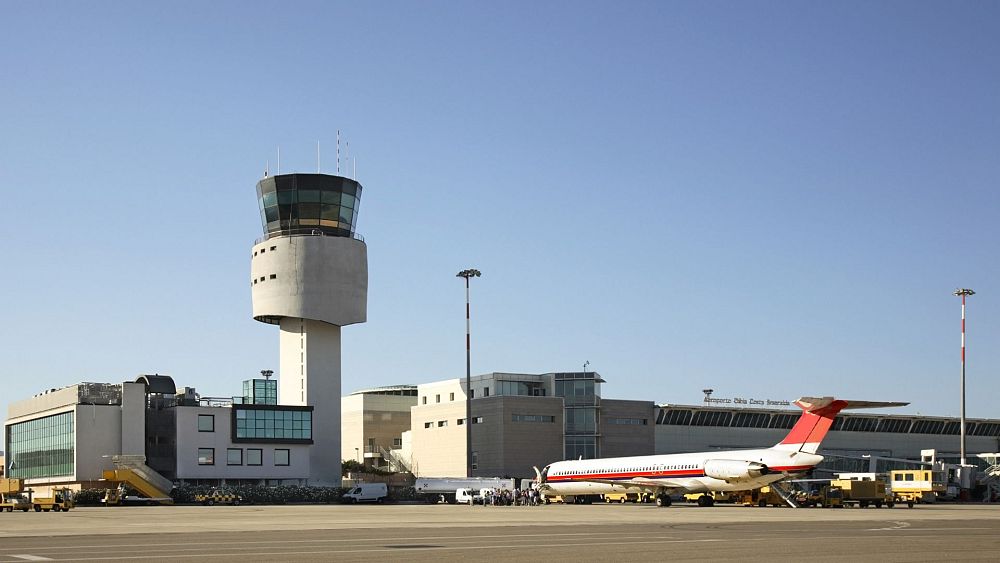The Italian government plans to cap domestic flight prices to protect consumers from soaring inflation.
The price of flights has increased dramatically over the last year. Pent-up demand and inflated fuel prices are partly to blame for the sudden spike in costs. But the algorithms airlines use to determine ticket prices have also played a role.
A recent analysis by Italian daily newspaper Corriere della Sera threw this into the spotlight when it revealed that flight prices from Sardinia and Sicily to Rome were as much as 830 per cent above average.
To protect passengers from such inflated costs, the Italian government has approved a decree law that caps domestic airfares connecting the islands with the mainland. It means they can be no more than 200 per cent above average during peak seasons or national emergencies.
Currently, nine out of 10 flights break this rule, according to Corriere della Sera.
The decree also bans the use of ‘dynamic pricing’ determined by automated algorithms on certain routes, if it results in ‘economic damage’ to the customer. It is part of a wider drive by the Italian government to clamp down on the use of AI and protect consumers from unfair business practices.
Airlines have vowed to fight the decree, saying it violates EU regulations.
How do flight price algorithms work?
Airlines use algorithms and AI to set and adjust prices based on demand and data. This is sometimes called ‘dynamic pricing’.
Customer data - like previous searches and purchases - may influence prices, along with length of stay, date of booking and date of travel. There is also some evidence to suggest that flight prices may be higher when booking from an expensive device such as an iPhone over an Android.
Airline algorithms also take competitors’ fares, peak dates, previous overbooking outcomes (such as the level of passenger no-shows and missed connections), and projected fuel prices into account, among other factors.
Historical data on fares and booking trends for specific routes can also influence ticket pricing, along with live data on ticket sales.
Will Italy’s price cap be effective?
Italy’s price cap and algorithm limits apply specifically to domestic flights servicing Sicily and Sardinia. It aims to protect Italians who are originally from the islands from unfair prices when flying home during peak travel periods.
Ryanair chief executive Eddie Wilson has branded the decree as “ridiculous and illegal”, according to Italian news agency Ansa. He says it goes against EU free market laws and has called for it to be cancelled.
The budget airline’s CEO met with Italy’s Economic Development Minister, Adolfo Urso, on Wednesday “to start a constructive dialogue to reach balanced solutions for passengers and airlines,” the minister tweeted.
Earlier in the week, Urso pledged there would be “no more algorithms and flight auctions”.
Over the next two months, the details of the law will be hashed out. So far, it is unclear whether the baseline for flight price caps will use annual or month by month averages.
Some are sceptical of the law’s efficacy, with president of the National Consumer Union Massimiliano Dona calling the move “smoke and mirrors for citizens” and “an incentive to raise prices”, Italian daily il Fatto Quotidiano reports.
Others have pointed out that airfares priced at 200 per cent of the average would still be high.


